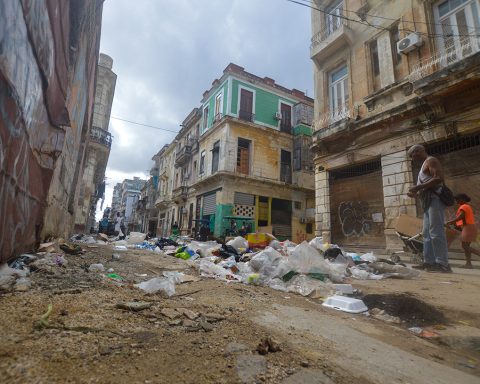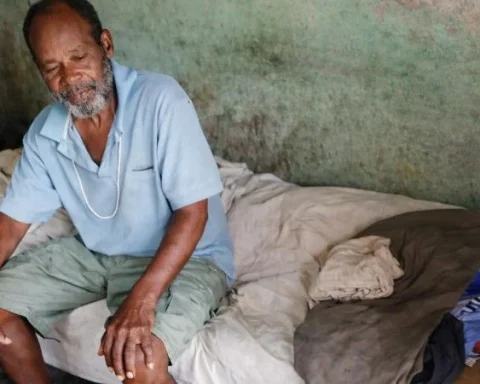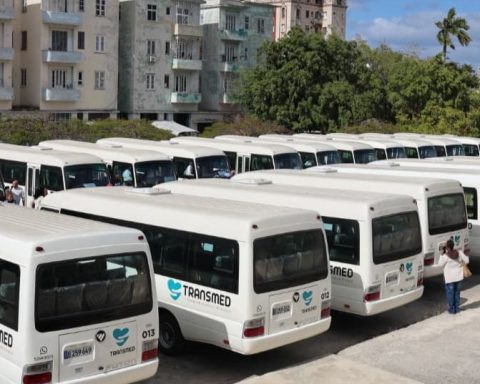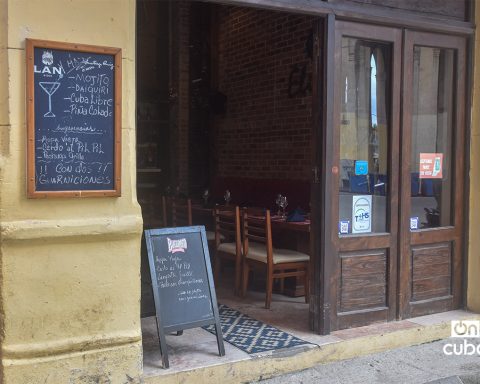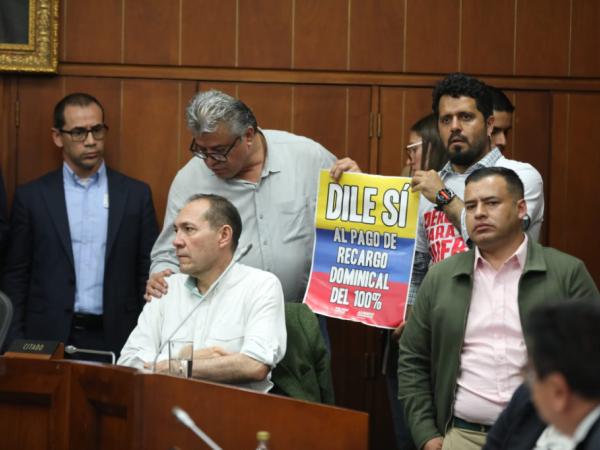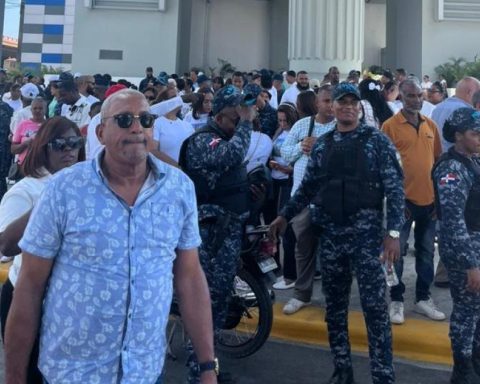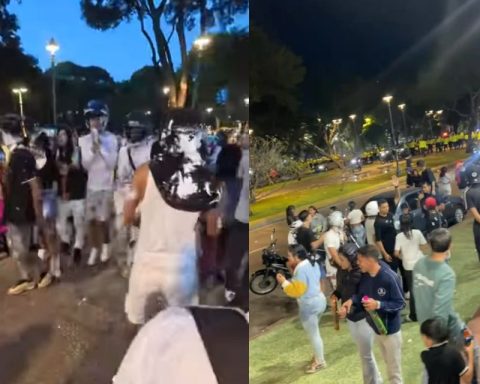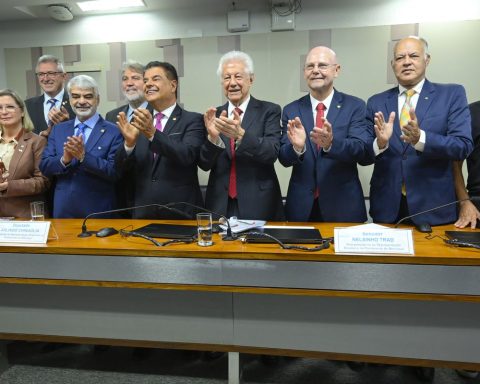Miami.- A Cuban identified as Heydi Sánchez Tejeda was arrested on Tuesday at the Tampa Immigration Office, Florida, after going to his routine control appointment. According to her husband, Carlos Yuniel Valle, through an emotional video on social networks, Sánchez Tejeda will be transferred to Miami and could be deported to Cuba On the morning of Wednesday.
In the videoValle reported the dramatic moment in which his wife, with a immigration status I-220b, snatched his daughter from just one year. “They let her discard in crying that outside their screams were heard. She is married to me and already has her claim put more than two years ago,” he denounced visibly affected.
Carlos Yuniel Valle made an urgent call to the community and the authorities to stop the deportation of his wife and consider his family and legal situation. The Cuban-American citizen explained that his baby is a sick girl and demands the attention of his mother, now at risk of deportation.
What is I-220b status?
The I-220B form, known as Order of Release on Collect, is a document that sign migrants in deportation process when released under certain conditions within the US, while waiting for an audience or resolution of your case. Although it allows some freedom of movement, this status does not grant formal migratory benefits or necessarily stops a deportation order against it.
Since mid -2023, Cubans in this situation have reported to be arrested when attending their scheduled appointments with customs immigration and control authorities (ICE). These arrests are part of a more strict policy towards those who entered irregularly and maintain pending processes under this category.
In recent months, an increase in deportations of Cuban citizens from the United States has been reported, in the middle of bilateral agreements between both governments to resume repatriation flights. At the end of March, the United States deported Cuba to 60 irregular migrants -55 men and five women- on a flight that arrived at the José Martí International Airport “as part of the bilateral migratory agreements,” according to the Ministry of Interior (Minint).

